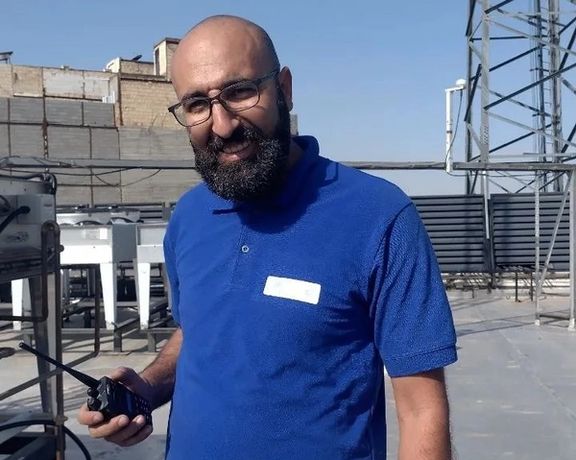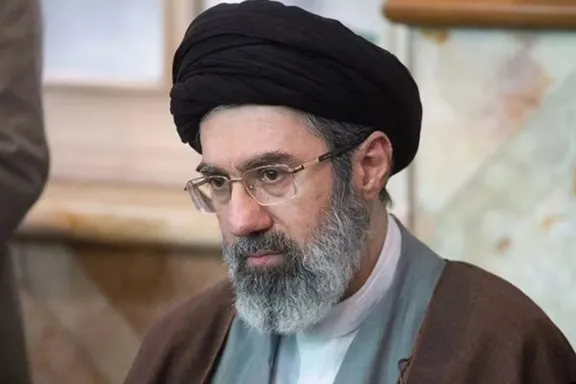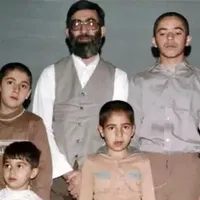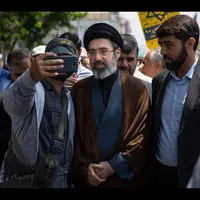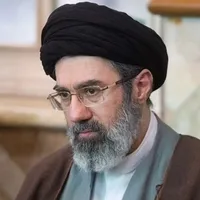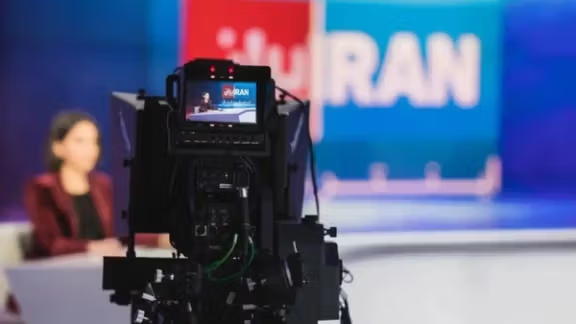The prisoners had been moved to Greater Tehran Central Penitentiary as part of a broader reshuffling of inmates following Israeli strikes in June that damaged parts of Evin prison.
“On the night of August 6, 2025, we were told that at 4 a.m. we would be transferred back to Evin prison, to pack our belongings and be ready,” the statement read. “We had already announced that we would not wear handcuffs or leg shackles. The last time we complied was during the bombing of Evin prison. This time, conditions are normal, and we will not repeat it.”
They said officials initially agreed to no restraints, but police later tried to force handcuffs on them.
“Mehdi Mahmoudian, Matlab Ahmadian, Mohammad-Bagher Bakhtiar, Khashayar Safidi, Hossein Shanbehzadeh, Morteza Parvin, Saeed Ahmadi, and Ehsan Ravazjian were beaten,” the letter said, adding that Abolfazl Ghadiani, 80, injured his hand and Mostafa Tajzadeh was thrown onto the asphalt and handcuffed.
Other prisoners protested by chanting slogans. The statement also accused officials of insulting and assaulting inmates on death row before taking them to an undisclosed location.
An earlier statement by the Judiciary said that the transfer was “calm and uneventful.” However, the prisoners rejected the statement and asked why violence was used only to be denied later.
They said about 40 inmates were kept in the bus for six hours without access to water or food for a trip of at most two hours, with sick prisoners left without medication or proper facilities.
Green Movement leader denounces treatment of inmates
Earlier in the day, Zahra Rahnavard, a leader of Iran’s Green Movement who has been under house arrest since 2011, condemned the incident and what she described as the authorities’ escalating repression of political prisoners following the war with Israel.
“The ugly face of despotism and violence still dominates this system, and it is the first and last word,” Rahnavard wrote in a statement published Sunday on Kalameh website.
Rahnavard, an Iranian academic and politician, has been under house arrest along with her husband, former prime minister Mir-Hossein Mousavi, since February 2011, more than a year after the 2009 Green Movement protests.
She said that after the 12-day war with Israel, the nation had hoped the government would respond with introspection and meaningful reforms—releasing political prisoners and lifting censorship—but instead, repression has escalated, marked by executions, beatings, and the harsh transfer of detainees.
“Alas, the rulers added to the violence...dragging political prisoners in shackles, beating them, moving these proud free people from one prison to another, splattering blood on their noble faces and wounding their hands and feet," she wrote.
Rahnavard called on the authorities to apologize, release all political prisoners, and choose solidarity over stubbornness with the Iranian people.
